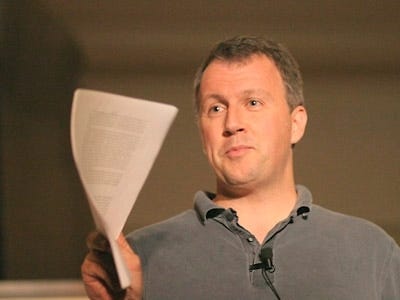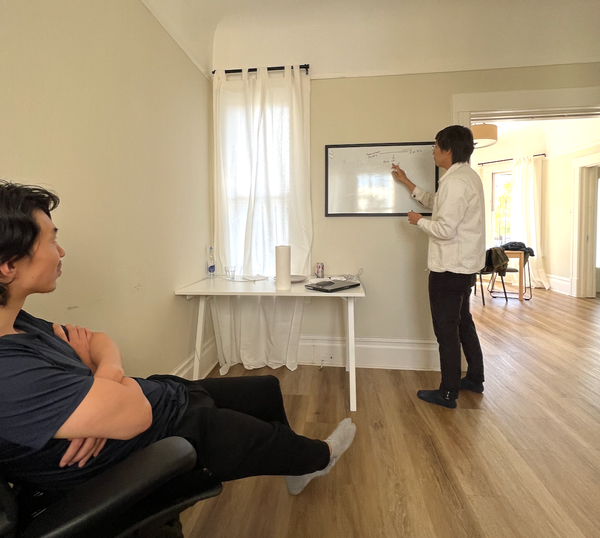I discovered Paul Graham’s secret
The reason PG’s essays are so damn good, hidden in plain sight.

Paul Graham has one of the largest followings amongst entrepreneurs, and his essays always resonate with the community at large.
Why?
Many reasons: they are well written, rooted in experience, and have great style. However, there is another element that’s easy to overlook — Paul Graham has editors.

Gently placed at the bottom of each post, PG references people that have read and offered feedback on his essay. How simple and genius.
Why do I (a non-prolific writer) think I am so good that I can get it right the first time? Do I really think that my points are so poignant and clear they need not be tested? Imagine if Toy Story 3 hit theaters without an edit or two… far less hits for Pixar I would imagine.
How many edits do your blog posts get?
I reached out to PG and he had this to say:
I wouldn’t call them editors. Then it would be their fault
if I said something mistaken. They’re more like alarms.
If I make some egregious mistake in an essay, the people
I ask to read it will usually catch it. Also, since they’re smart,
anything they misunderstand must not be sufficiently
clearly phrased.
In 2015, I have decided that I will start getting friends and colleagues to edit my posts. Nick, Brad, and Paul gave me great feedback on this one, but I could have easily used a service like beforepublish.com, posted to social, or pulled someone off Twitter for an extra set of eyes. You are not required or obligated to use all the feedback you receive, but chances are you will use some of it. With each edit, entropy decreases and quality increases. It’s a heuristic evaluation of your ideas. If your editors don’t get the point you are trying to make, then you are not being clear enough.
So next time you go to publish, remember that even Vonnegut had an editor and show your latest masterpiece to somebody before you hit publish.
Much love,
Kent
Thanks to Nick Shim, Bradley Dubs, and Paul Graham for reading drafts of this post.




